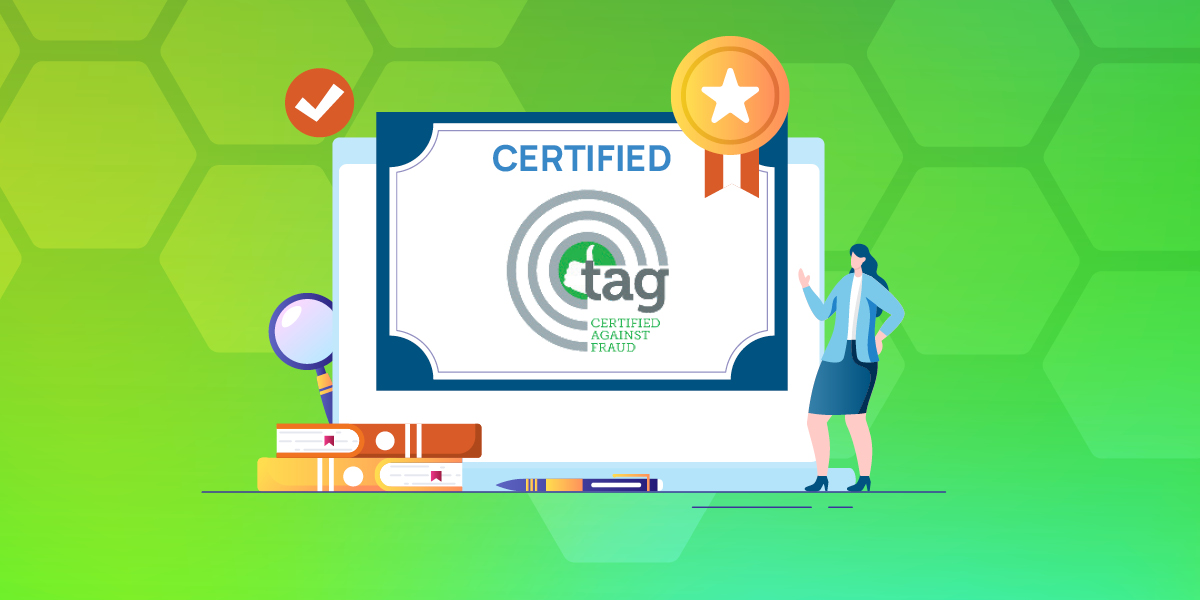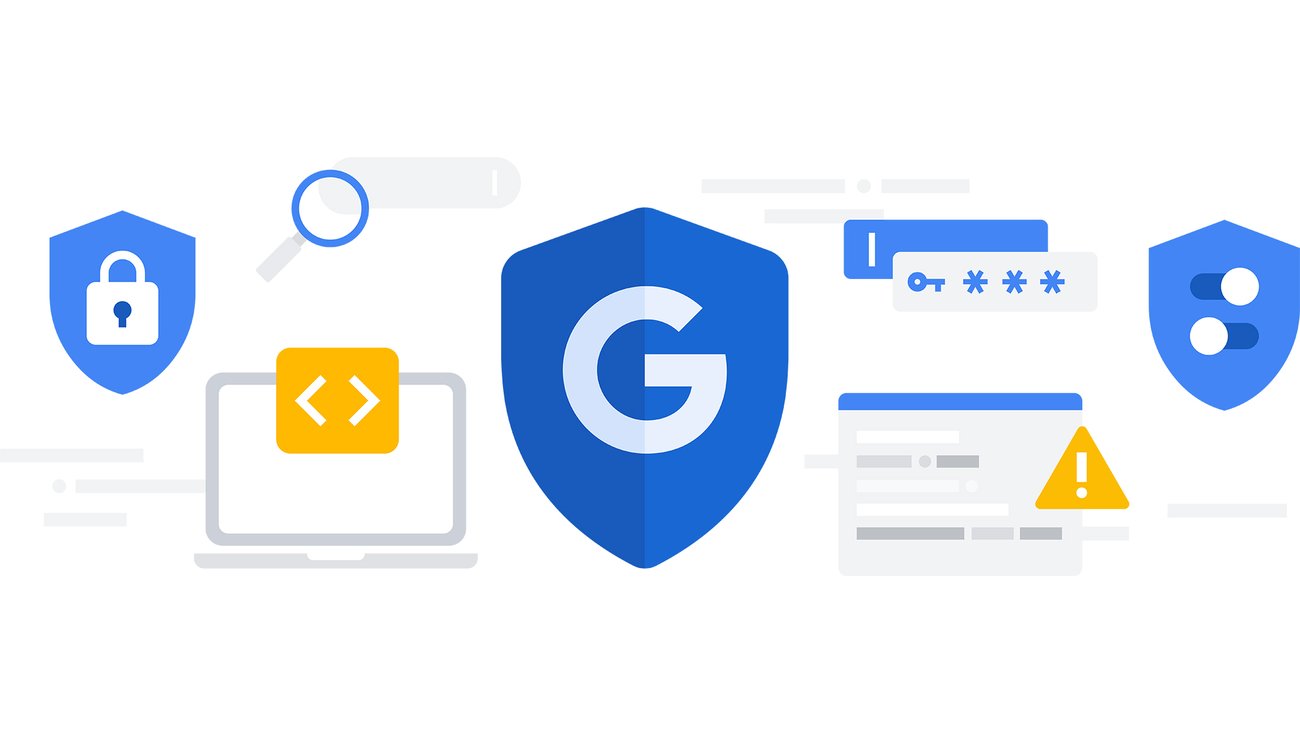[ad_1]
Last year, marketers lost over $120 billion to digital ad fraud. That figure is projected to more than double by 2028. Unfortunately, many marketers have come to accept the impact of ad fraud losses as a cost of doing business with online advertising. Ad fraud can be hard to detect and even harder to stop as fraudsters constantly work to find ways to outsmart common ad fraud detection methods. That’s why some advertisers with an ad fraud solution already in place may still experience click-fraud rates of up to 25 percent of their advertising budget.
Ad fraud protection is a critical necessity for any company that is investing in digital advertising. Ad fraud not only reduces the effectiveness of digital campaigns but can also put your firm at risk of violating GDPR and TCPA compliance. If your company is found in violation of these regulations, you could face hefty fines and lawsuits. How do you choose from the hundreds of solutions that claim to offer some type of ad fraud prevention?
Two organizations have established standards for ad fraud detection solutions: the Trustworthy Accountability Group (TAG) and the Media Rating Council (MRC). In a crowded industry, providers that are (not just verified) but certified or accredited stand out because fewer than ten have been through the rigorous process to earn and maintain their status.
This week, we’re taking a closer look at these two accreditations and the importance of being certified by MRC or TAG.
The MRC: Measuring Metrics, Setting Standards
The MRC was established in 1963 as an independent, nonprofit entity to audit and accredit media measurement and data sources to ensure their services are valid, reliable, and effective. Its accredited services include television, radio, multimedia, digital, and out-of-home advertising.
Much ad fraud stems from Invalid Traffic Detection (IVT), which includes but is not limited to bots and other non-human traffic. That led MRC to issue its initial IVT Guidelines in 2015; those standards were updated in 2020. Any ad fraud detection company can follow the established guidelines, but only those who go through a rigorous third-party audit can earn accreditation. The initial audit, which ensures services conform with MRC’s criteria and procedures, can take about 18 months, and accredited services go through annual audits to maintain accreditation.
Ad fraud solutions that have earned MRC accreditation must provide details on all general invalid traffic (GIVT), including the volume and type(s) of GIVT. This gives their customers confidence that GIVT has been detected and removed from measurement reporting, giving more reliable and accurate campaign data.
TAG: Certified Against Fraud
For over a decade, TAG (the Trustworthy Accountability Group) has been helping establish standards for fighting fraud and malware while also ensuring brand safety and transparency for businesses and consumers. Their Certified Against Fraud Seal designation is awarded to firms across the business and consumer spectrum, including names like Amazon, DirectTV, Anura, and Oracle.
The standards developed by TAG are global in scale and require a rigorous third-party certification process to validate that what the provider says is true. This review helps ensure that the solutions are consistent with the standards set and that you can trust the TAG seal when you see it on a provider’s website. Once certified, businesses must maintain compliance and continue to demonstrate that their security and systems can maintain the protections established.
A designated TAG Compliance Officer is required to, among other things, complete TAG training modules, ensure internal teams and company processes are up-to-date and compliant with certification program compliance, and conduct internal quarterly reviews. Companies who want to maintain their status beyond the one-year certification period must go through the annual process. Anura has completed this process for the last five years, demonstrating our commitment to maintaining compliance with these rigorous standards.
Standards Like MRC & TAG Help the Digital Marketing Industry
Every ad fraud solution on the market claims to detect and stop IVT. In a crowded digital world that is rampant with fake reviews, and when certain tokens can be acquired by answering just a few questions and paying a fee, it’s healthy to take these things with a grain of salt and question the viability of an accredited or certified provider claiming to prevent ad fraud.
This begs the question, does accreditation matter? The short answer is yes! While no officially defined standards apply to the entire digital advertising industry, there are standards for the ad fraud space that TAG and MRC have aligned with the Interactive Advertising Bureau (IAB) and other international governing bodies.
Anura is TAG Certified Against Fraud. We believe in the importance of certification and because TAG and MRC follow the same set of standards, Anura decided to apply for and receive the TAG certification.
While we respect MRC and believe their accreditation program is valuable and meaningful, TAG is simply a better fit for us. It is internationally recognized, and we feel it better meets the needs of our potential customers. MRC doesn’t support some of the detailed data, such as real-time response, that we provide and that our clients expect. We also work with other TAG-certified vendors that require the same for their vendors.
As marketers spend more on digital advertising, and as fraudsters get more sophisticated and harder to detect and stop, a reliable ad fraud detection partner is a necessity to protect your budget and to protect consumers. Responsible Enterprises Against Consumer Harassment (R.E.A.C.H.), a mutual benefit corporation that is working to protect consumers and the lead generation industry, requires its members to use a third-party fraud detection solution that is MRC-accredited or TAG Certified Against Fraud.
If you’re currently using an ad fraud solution and want to be sure they adhere to recognized standards, you can check the MRC and TAG websites to see if the company is accredited or certified. You should do the same if you’re considering a new, or your first, ad fraud detection partner.
Regardless of how satisfied you are with your current results, we’d love the chance to show you how much fraud may be going undetected, how much traffic you are losing due to false positives, and where the fraud you’re experiencing originates by offering a free 15-day trial.

[ad_2]
Source link







